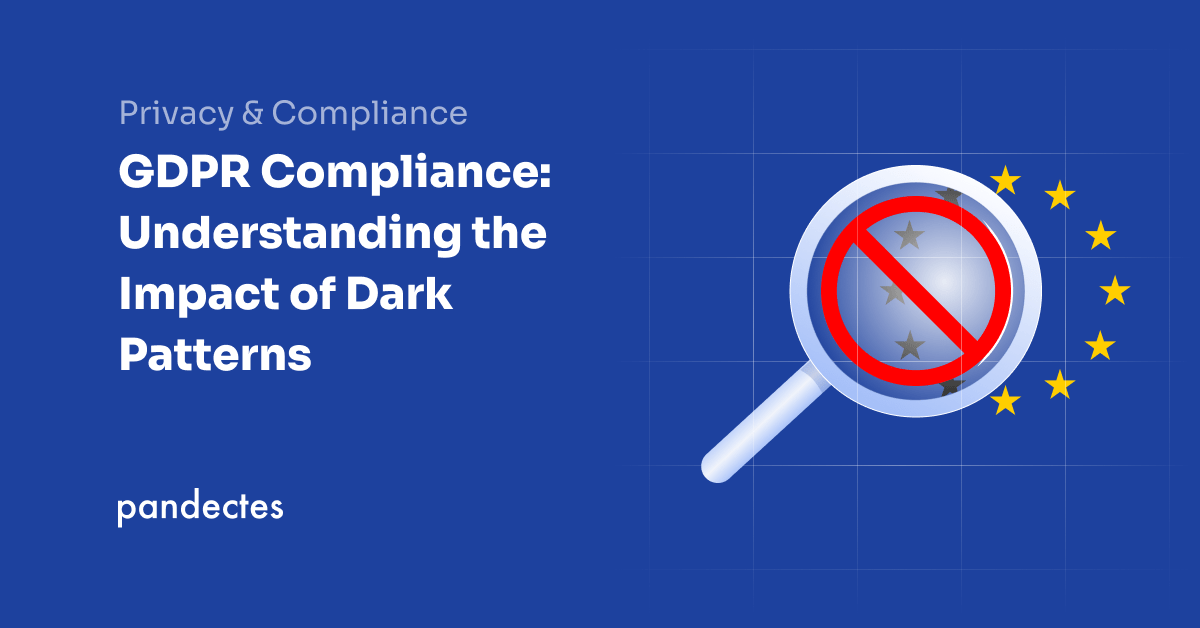Blog
Stay up to date with the latest news, tips, and other helpful information about Privacy & Compliance with GDPR and other data regulations around the world.
Categories
Privacy & Compliance
Data Protection Principles: Everything You Need to Know
Introduction The advent of digital technology and data-driven processes has elevated the importance of protecting personal data. Safeguarding information from unauthorized access, corruption, or loss is essential not only for individuals but also for businesses and governments. This article dives into the core aspects of data protection principles, emphasizing their ...
Pandectes Expert
December 25, 2024
Latest articles
The Different Types of Internet Cookies and Their Functions
Pandectes Expert
December 23, 2024
What Are Internet Cookies? Internet cookies, also known as browser cookies or web cookies, are ...
Key US Data Privacy Laws to Watch in 2025
Pandectes Expert
December 20, 2024
Overview of US Data Privacy Laws The landscape of data privacy in the United States ...
7 Instances Where CCPA Exemptions Apply
Pandectes Expert
December 18, 2024
Introduction The California Consumer Privacy Act (CCPA) is a pioneering data privacy regulation that empowers ...
GDPR Compliance: Understanding the Impact of Dark Patterns
Pandectes Expert
December 16, 2024
What Are Dark Patterns? Dark patterns are design tactics intentionally crafted to manipulate user behavior, ...
7 Key Scenarios Where GDPR Exemptions Apply
Pandectes Expert
December 13, 2024
GDPR Exemptions With the rise of digital data processing and the EU’s General Data Protection ...
China’s TC260 Introduces New Framework for AI Safety Governance
Pandectes Expert
December 11, 2024
Introduction China’s TC260 (Technical Committee 260) has introduced an innovative and comprehensive framework for AI ...
Make your Shopify Store's use of cookies and online tracking compliant today









